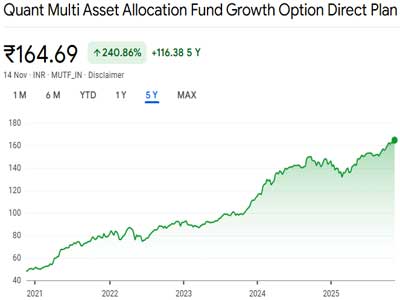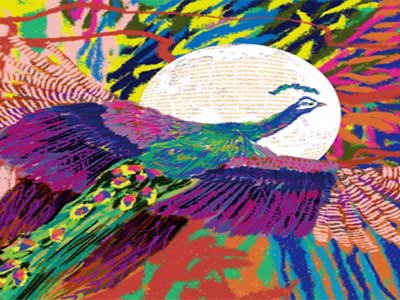Recently, Section 144 has been reimposed in the city of Agra. Under the Indian Justice Code (BNS), Section 163 was previously known as Section 144 of the Indian Penal Code (IPC). Considering the festive season, public gatherings, and ongoing board examinations, this decision has reignited the debate over the continued application of this colonial-era law.
Civil rights activists are raising an important question: When was the last time Agra was free from the shadow of Section 144? A local lawyer lamented, "This harsh law, a relic of British rule, has become a permanent fixture in our city." Whether it is called Section 144 or its new avatar, Section 163, residents of Agra can hardly recall a time when the city was not under its grip.
Decades ago, socialist leader Dr Ram Manohar Lohia challenged its implementation in an Agra court, calling it a ‘black law’ that should be removed from the IPC. Yet, in a historic 1967 decision, the Supreme Court upheld the law, stating that democratic rights such as freedom of expression and assembly are important but must be balanced with the need for public order.
However, the court's decision did little to address the growing misuse of this provision. The issue is not just the legality of the law but its endless enforcement. Human rights lawyers argue that if Section 144 were strictly enforced, no public activity could ever take place. In practice, however, some organizers obtain police permission, leading to widespread violations. This raises a troubling question: What purpose does this law truly serve? Critics point out that while ordinary citizens face restrictions, political and religious groups affiliated with the ruling party often operate without hindrance, highlighting the selective application of the law.
A lawyer from the local civil court said that Section 144 remains in force but is not fully implemented. "Most people don’t even know that this law is in effect in the city. The administration simply extends it routinely," he said. Every few months, a circular is issued announcing the extension of Section 144 in Agra, citing festivals, exams, or fairs. The law prohibits gatherings of more than five people, carrying weapons, and even playing loud music—measures authorities claim are necessary to prevent antisocial activities based on intelligence reports. However, senior advocates argue that while the law may serve as a preventive measure, its continuous use needs scrutiny. One commented, "It’s time to review this practice periodically."
Administrative officials, however, dismiss concerns, calling it a routine practice that does not violate democratic rights. Yet, the frequent reimposition of Section 144 every two months surprises many. Ram Kishor, president of the Socialist Foundation, questioned, "If it’s so routine, why is it renewed so often?"
The gradual normalization of Section 144—now Section 163 under the BNSC—is a clear betrayal of India’s democratic ideals. This colonial tool, created to suppress dissent, has become a blunt weapon in the hands of local authorities, stifling civic life under the guise of maintaining order. Its regular invocation, often on trivial grounds, reflects a troubling disregard for fundamental rights. What it creates is not governance but a near-permanent state of restriction—a tyranny disguised as bureaucracy.
The constant curbs on assembly, protest, and even basic movement undermine the foundations of democracy. It fosters a culture of fear, where citizens hesitate to voice legitimate grievances, and officials act with impunity. The justification of ‘law and order’ loses credibility when it becomes a tool to silence dissent and suppress freedom.
The time has come to demand accountability. A law born out of colonial oppression has no place in a modern, democratic India. The unchecked use of Section 163 is an assault on civil liberties and a dangerous precedent that must be challenged.


















Related Items
Indian roads have become a gateway to hell due to canine, simian nuisance
Redefining Indian Highways; Driving innovation, Delivering connectivity…
Why Indian migrants don't flex their might…!